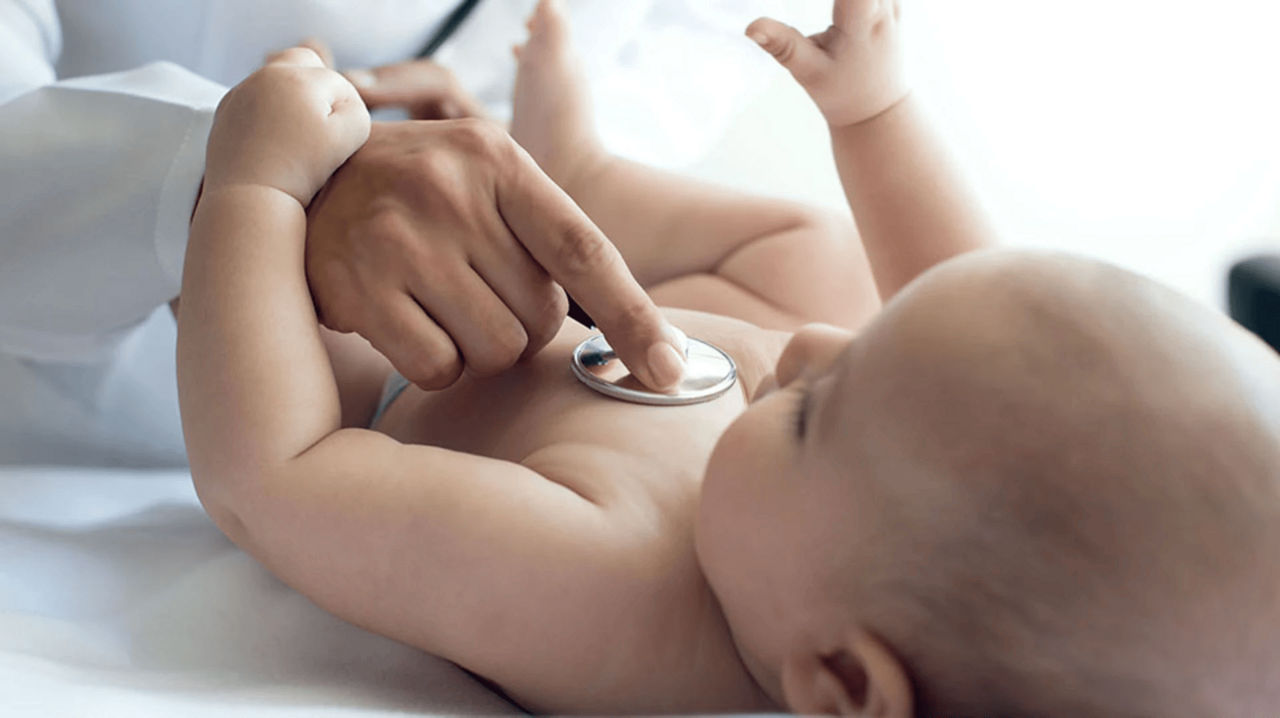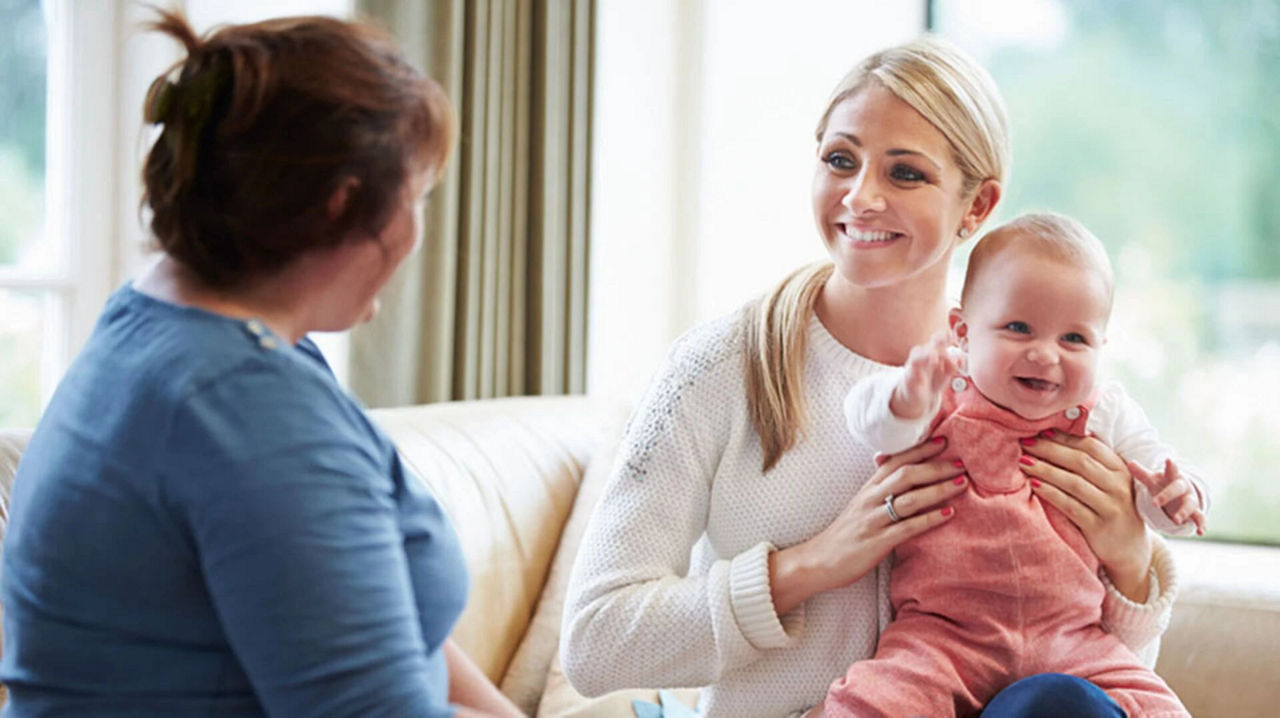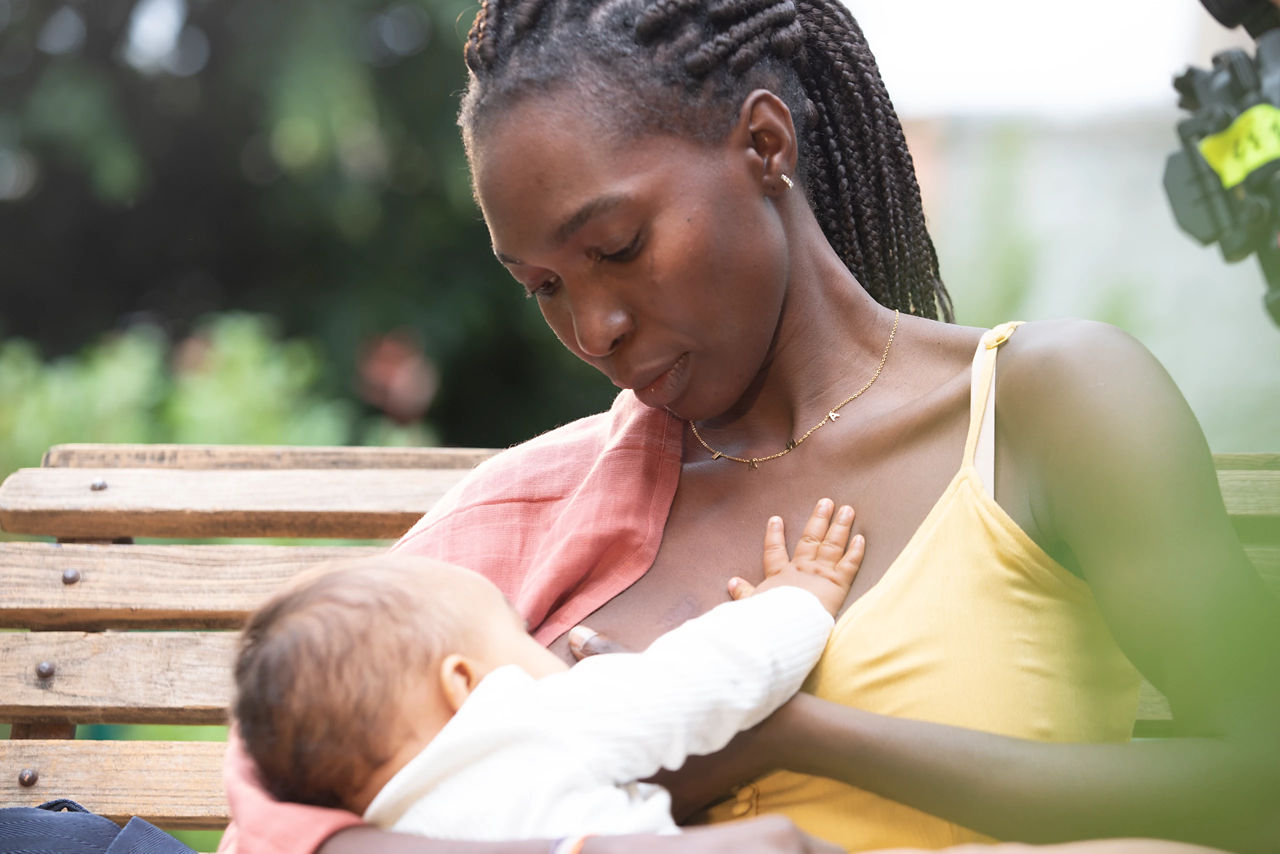In the first days, weeks and months following your baby’s birth, your doctor, midwife and health visitor will provide you with all the information you need about your baby immunisation schedule.
Baby immunisation protects against serious infection and disease. To offer the best protection, the NHS has carefully worked out a baby immunisation schedule, which should be followed even if your baby is premature. That’s because babies who arrive earlier than expected tend to have lower immunity than those born at full-term1.
Below you’ll find lots of information about the baby immunisation schedule, which vaccinations your baby will need, and the best ways to soothe them once they’ve had their jabs.







